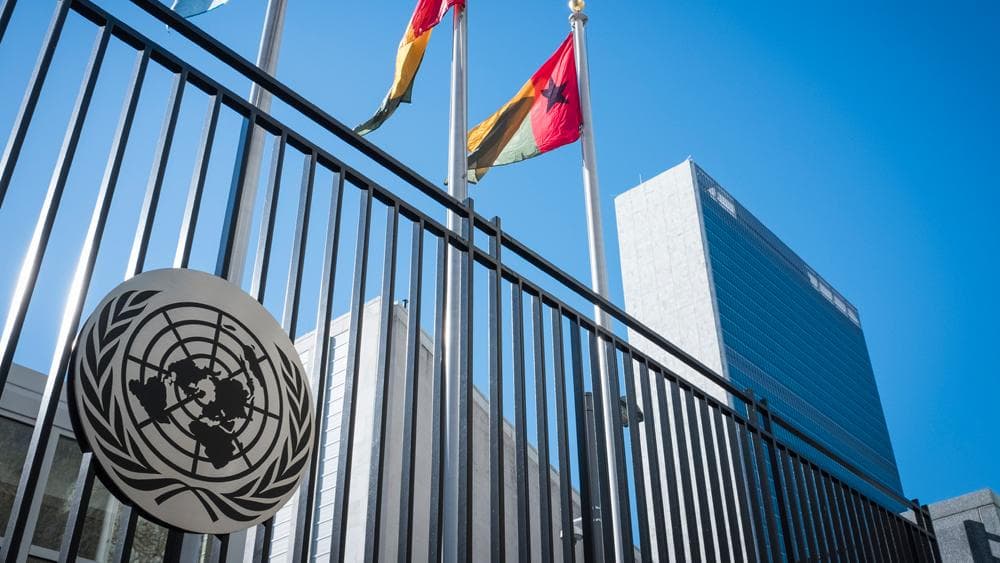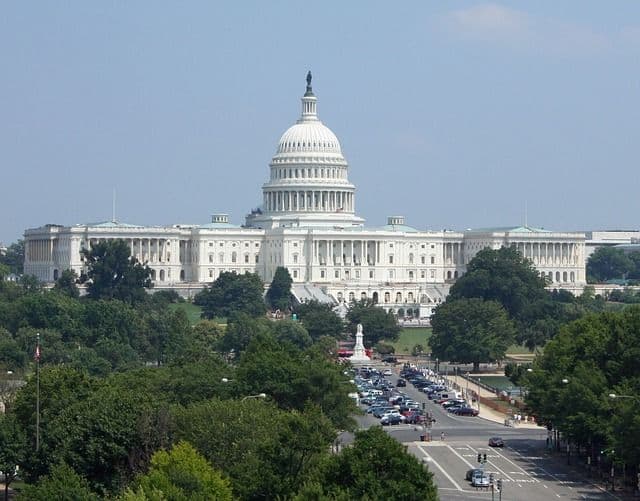G20’s Advisory Board Publishes Report: Cryptocurrencies Still Not a Threat
The Financial Stability Board today delivered a report to G20 Finance Ministers and Central Bank Governors outlining their approach to crypto-assets. The highlight was that cryptocurrencies are currently not perceived as a threat, and should not be prioritized for discussion […]

The Financial Stability Board today delivered a report to G20 Finance Ministers and Central Bank Governors outlining their approach to crypto-assets.
The highlight was that cryptocurrencies are currently not perceived as a threat, and should not be prioritized for discussion at upcoming summits. While making this statement however, the report did acknowledge that this stance might change, with cryptocurrencies are developing at lightning pace.
To keep up with developments the FSB has established a framework to monitor the size and growth of cryptocurrency markets.
Today’s report follows a statement from FSB Chair and Governor of The Bank of England Mark Carney in March, which presented a balanced understanding of the emergent technology. Carney noted that:
“crypto-assets raise a host of issues around consumer and investor protection, as well as their use to shield illicit activity and for money laundering and terrorist financing.”
“At the same time, the technologies underlying them have the potential to improve the efficiency and inclusiveness of both the financial system and the economy”
Today’s report indicates that there has not been a change in approach from the institution, and cryptocurrencies will be allowed to continue developing freely, for the time being at least.
The FSB is not the only institution keeping a close eye on cryptocurrencies. CPMI, the Committee on Payments and Market Infrastructures has apparently conducted significant work on applications of distributed ledger technology. Meanwhile, IOSCO, The International Organization of Securities Commissions has launched an ICO Consultation Network to investigate concerns regarding Initial Coin Offerings.
Banks are often perceived as the institutions most likely to feel threatened by cryptocurrencies, as crypto-users turn to the cryptographic security of the blockchain to be their own bank, and The Basel Committee on Banking Supervision (BCBS) is directly exploring this relationship.
We are still awaiting a report from a further body, The Financial Action Task Force, which will inform the G20 on the connection between cryptocurrency and money laundering and terrorism financing. It remains to be seen whether the body will agree with the European Commission, who published a report last month that found virtual currencies to be of no greater risk here than traditional payment systems.
Follow us on Twitter, Facebook, Steemit, and join our Telegram channel for the latest blockchain and cryptocurrency news.





























